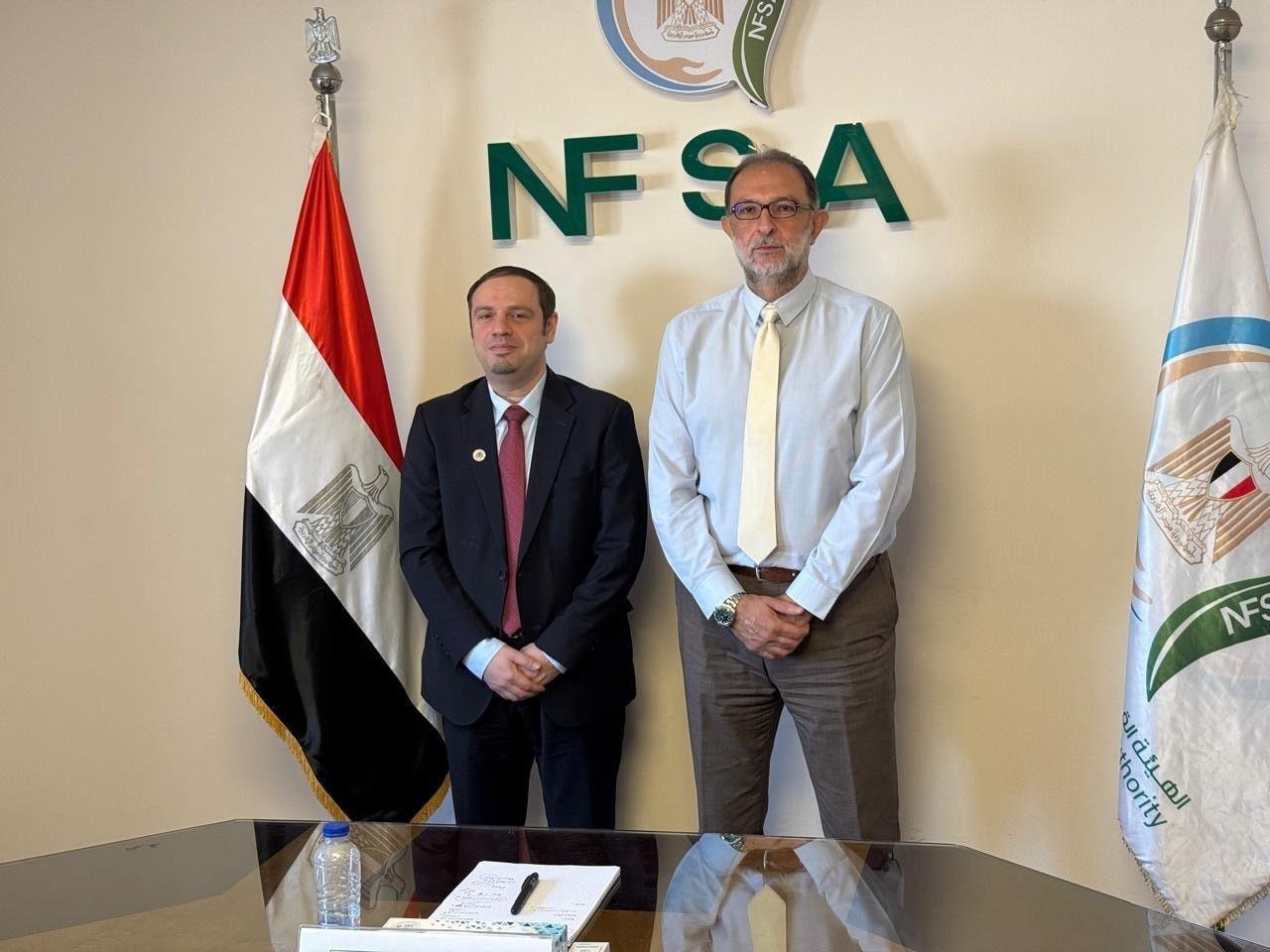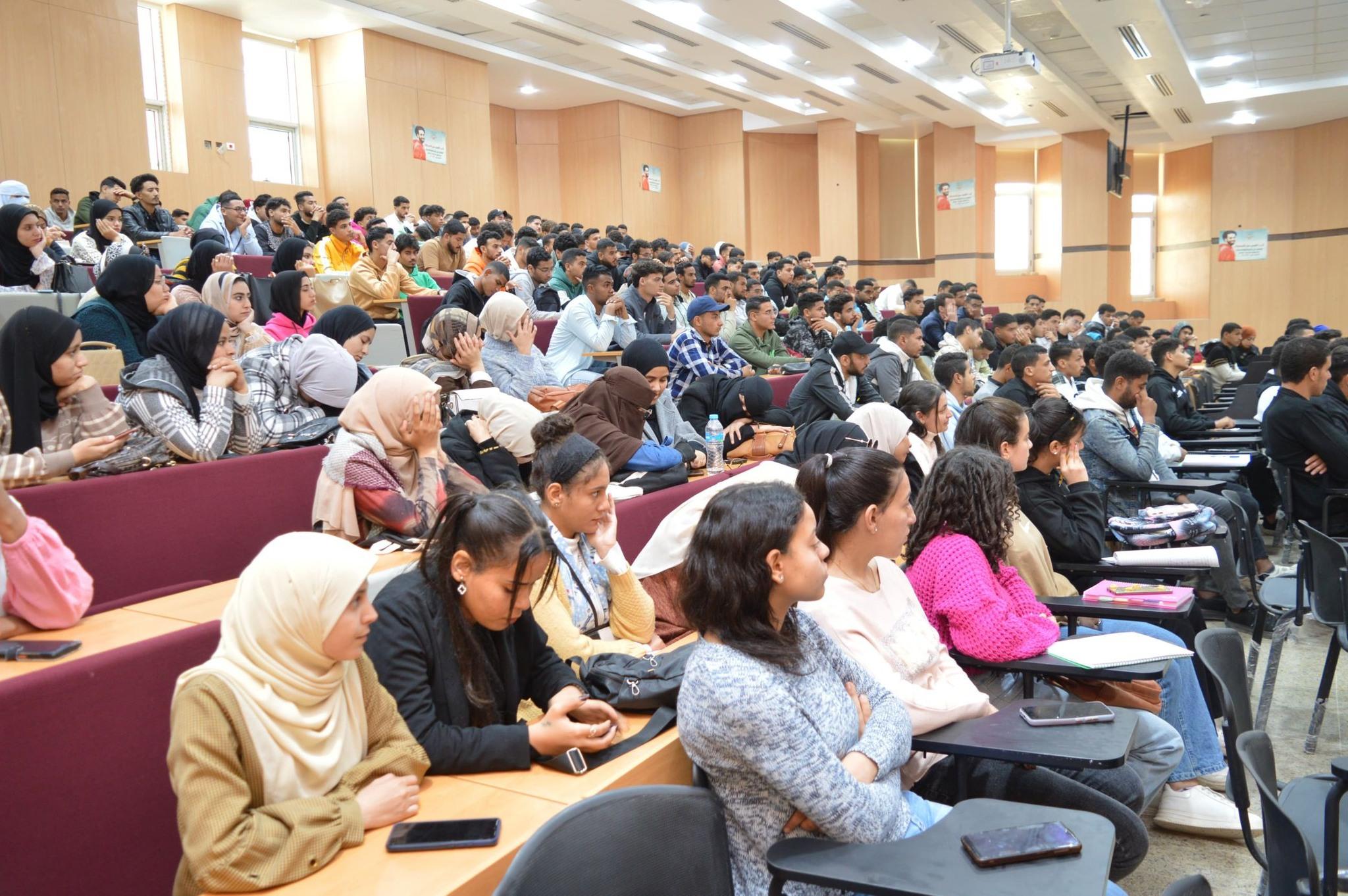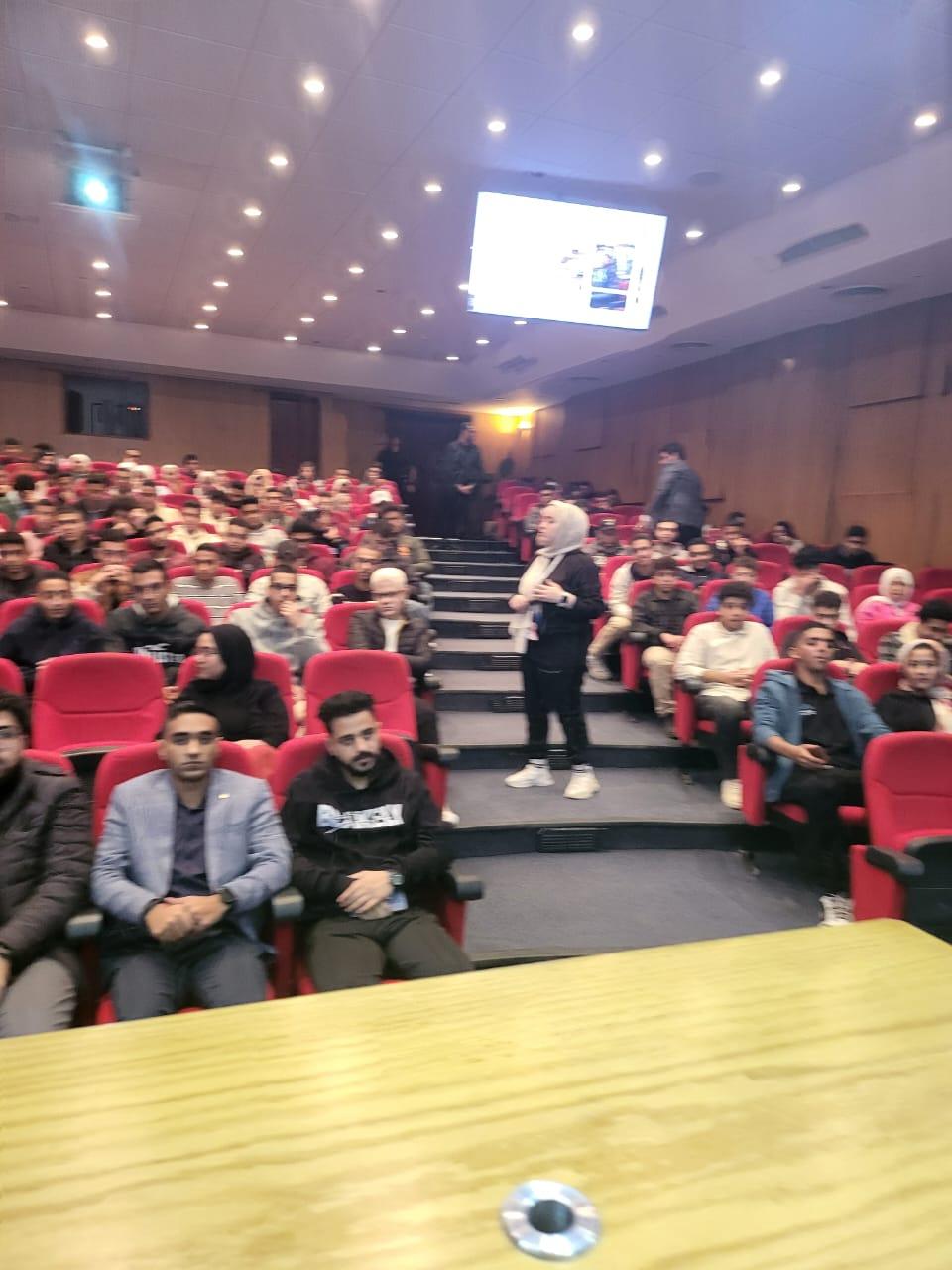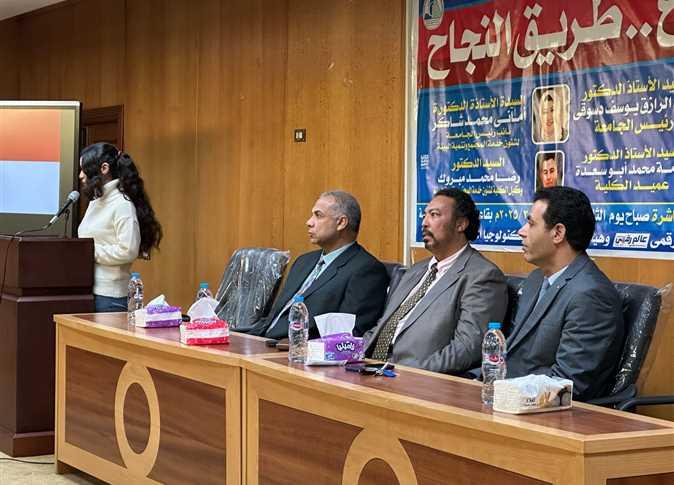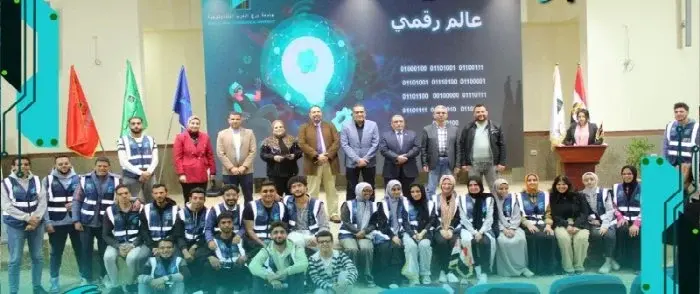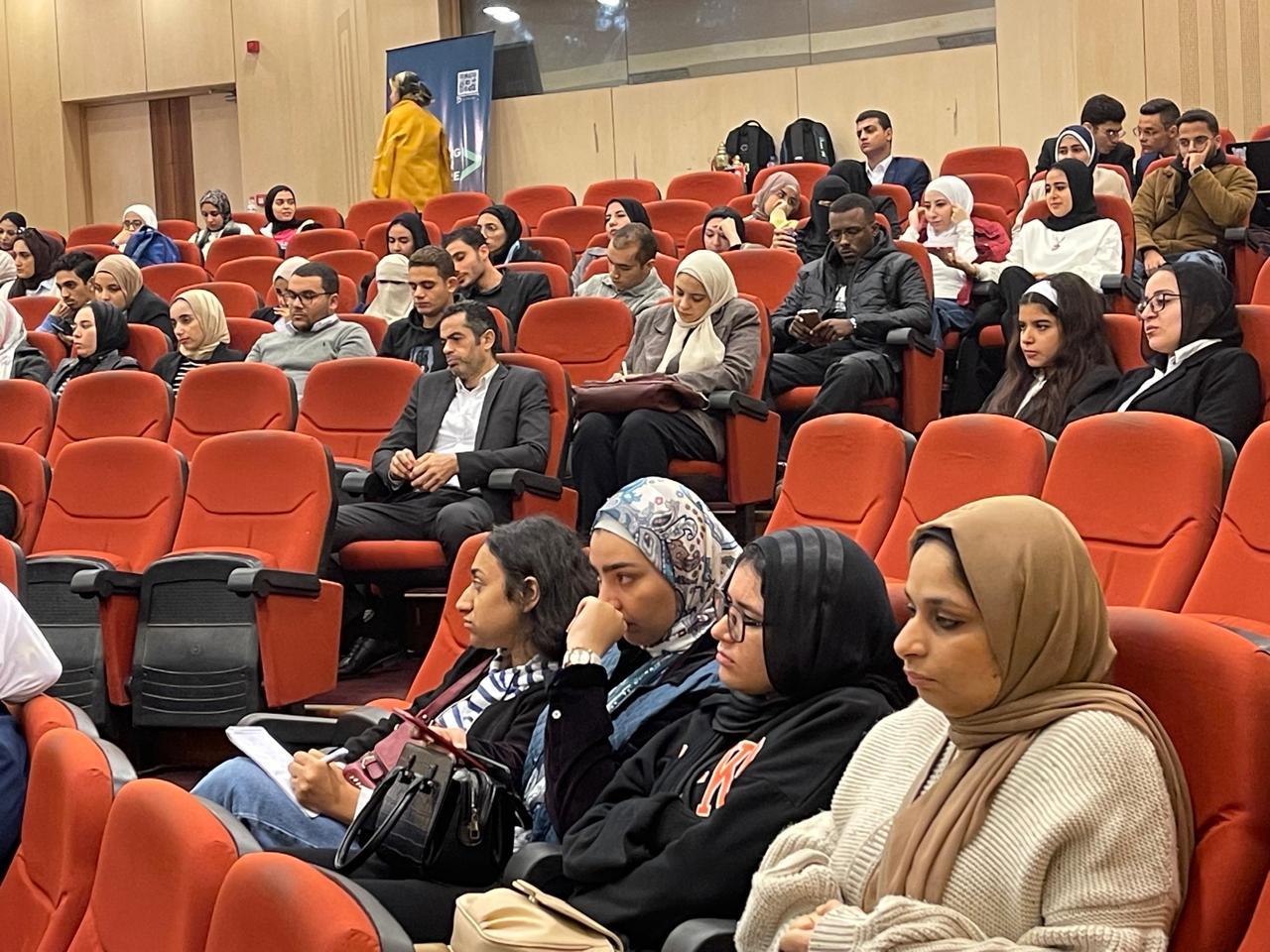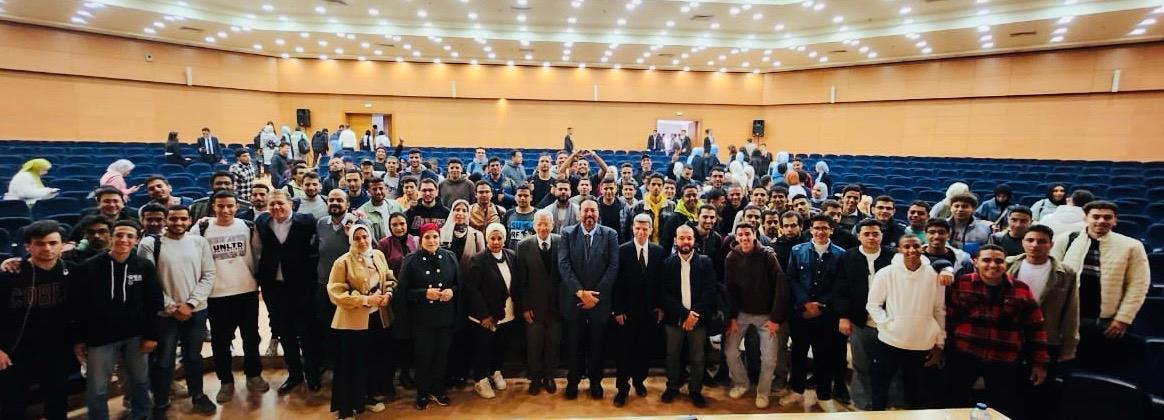By Francisco Benedito,
Co-Founder, Climate Blockchain
Countries across continents have been accelerating their efforts to
pass key policies that are aligned with the implementation of the
Paris Agreement. Already, many nations have begun their
decarbonization efforts and are about to become carbon neutral, which
reflect their seriousness to live up to their commitment to build a
carbon-free world for their citizens and the people around the world.
Undoubtedly, as we race against time to achieve sustainable
development, carbon emission is going to be the reference point for
everything in the next 30 years. Today, governments are already
preparing to execute mandatory regulations in their respective
territories so as to make sure that both public and private sector
entities toe the line when it comes to reducing their carbon footprint
across different scopes of their activities and operations.
Next-generation technology is going to remain at the core of the
carbon footprint reduction efforts for many organizations. Modern
tools will be the key for companies and organizations to increase
their efficiency without further harming the environment.
It is no surprise then that several institutions have already begun
investing in solar and biomass power plants, renewable projects,
carbon capturing, smart meters, and many other innovative projects
designed to promote efficient and sustainable use of resources and
protect our natural surroundings.
These technologies have emerged as of late in the midst of mounting
sustainability calls and rising global movement towards combating
climate change. Smart meters, for one, enable substantial energy
savings, while modern innovative tools promoting efficient use of
water have been developed as well.
An example of an entity involved in green technology is Swiss
cleantech company Climeworks. In partnership with Reykjavik Energy,
Climeworks has developed a technology capable of directly capturing
carbon dioxide from ambient air for permanent storage underground as
per the description in the company’s website. This innovative
technology serves as a carbon removal solution, which is a huge stride
in the ongoing global efforts to reverse the effects of climate
change.
In a bid to contribute to the international sustainability efforts,
Swedish company Eco Wave Power has also developed its own green
technology. The organization created a patented, smart, and
cost-efficient technology designed to turn ocean and sea waves into
green electricity.
Carbon trading has also emerged to reduce greenhouse gas emissions.
Carbon credits marketplace provides organisations and consumers a
single platform for carbon offsetting. Using blockchain technology,
fintech company ClimateTrade, for instance, has built a platform where
companies and consumers can offset their carbon footprint through
investment in environmental projects as well as disruptive
technologies developed to tackle the impact of climate change. One of
the leading companies that sells its credits through ClimateTrade is
Co2 Revolution.
Co2 Revolution is at the forefront of promoting drone-powered
reforestation, an approach that aims to address the problem of
deforestation. Through tree-planting drones, we can now reforest
extensive areas in a fraction of the time that it takes if we do it
manually.
On the issue of finite water supply, one of the biggest problems in
the next few years is going to be the lack of pure water to drink and
supply for irrigation, to name a few. We will have high shortages in
some countries and most of the supply will not be fit for consumption.
There is one company using artificial intelligence (AI) to find
sources of water under the soil. WaterQuest is an eco-conscious
socially responsible company established in 2015 based on AI-driven
virtual prospecting program. The company deploys its technology to
map, identify, develop, and manage decentralized, sustainable
self-recharging perennial groundwater sources. It employs AI’s
data-driven methods to model and forecast non-linear hydrological
processes, in addition to handling large amounts of dynamicity and
noise concealed in datasets.
These are just some of the examples of the rising number of
organisations across sectors that have been fully harnessing the power
of technologies to help fast-track the global community’s transition
to a green economy and ensure its path towards sustainable
development.
Admittedly, much still needs to be done in our shift to a green
economy. Concerted efforts should be consistently implemented in this
department to have a prosperous future without harming the planet. To
discuss more on this, let’s meet at the World Green Economy Summit
(WGES) 2019, which will take place on October 20th and 21st at the
Dubai International Convention and Exhibition Centre.






